Seeking the Meaning of Traditional Healing and Spiritual Protection among the Faratit communities in Wau, Western Bahr El-Ghazal State

South Sudan’s healthcare system faces significant challenges, particularly in rural areas where access to clinical services is limited and costly. Many South Sudanese turn to traditional healers who use herbal medicines and spiritual methods due to a lack of affordable clinical care and mistrust of formal medical facilities. Recognizing the importance of these traditional practices, […]
Women in Research: Reflections and Analysis on South Sudan
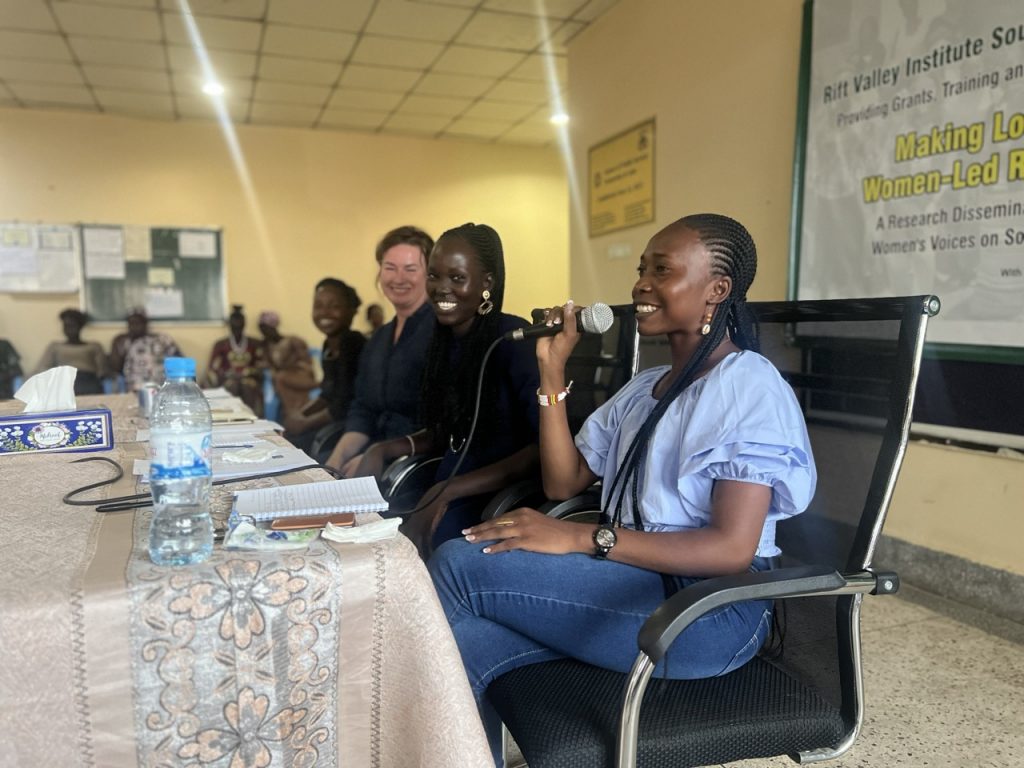
On Monday 27 May 2024, the South Sudan Women’s Research Network (SSWRN), supported by the European Union, will launch two reports written by early career researchers involved with the project. Kiden Sawala Laki will share the findings of ‘Beyond the Surface’ which looks at the transition from subsistence fishing to commercialization and the realities of women’s […]
Wendy James 1940-2024
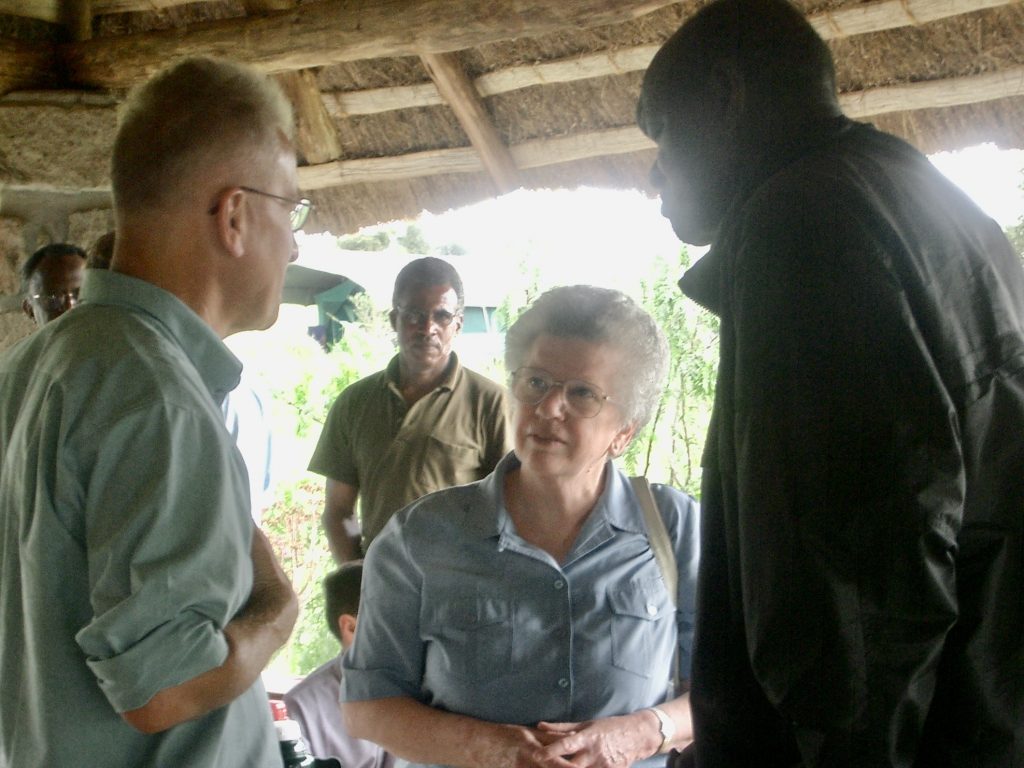
By John Ryle Wendy James, who died in Oxford on 27 April, was one of the outstanding anthropologists of her generation. In a trilogy of immaculate field-work based monographs she chronicled the culture and history of the Uduk people of the Sudan-Ethiopia borderlands, bringing this intriguing marginalized group into the written record. And when trouble […]
Traditional Narratives of South Sudanese on Climate Change
This blog explores traditional narratives of South Sudanese on climate change, their lived experiences, as well as perceptions on appropriate responses to the impacts of climate change. Introduction This blog is about traditionally oriented perceptions of climate change in Juba City, where most climate change narratives begin from a cultural perspective associated with the existence of […]
Causes of intercommunal conflicts in Lakes State, South Sudan
In this blog, Maketh traces the roots of intercommunal conflicts in Lakes State, South Sudan to the legacies of war, dowry demands and climate change, and subsequently calls for reconciliation processes and skills training in order to mitigate the conflicts. By Maketh Deng Introduction Lakes State had a population of about 700,000 at the time […]
2024 Annual Courses
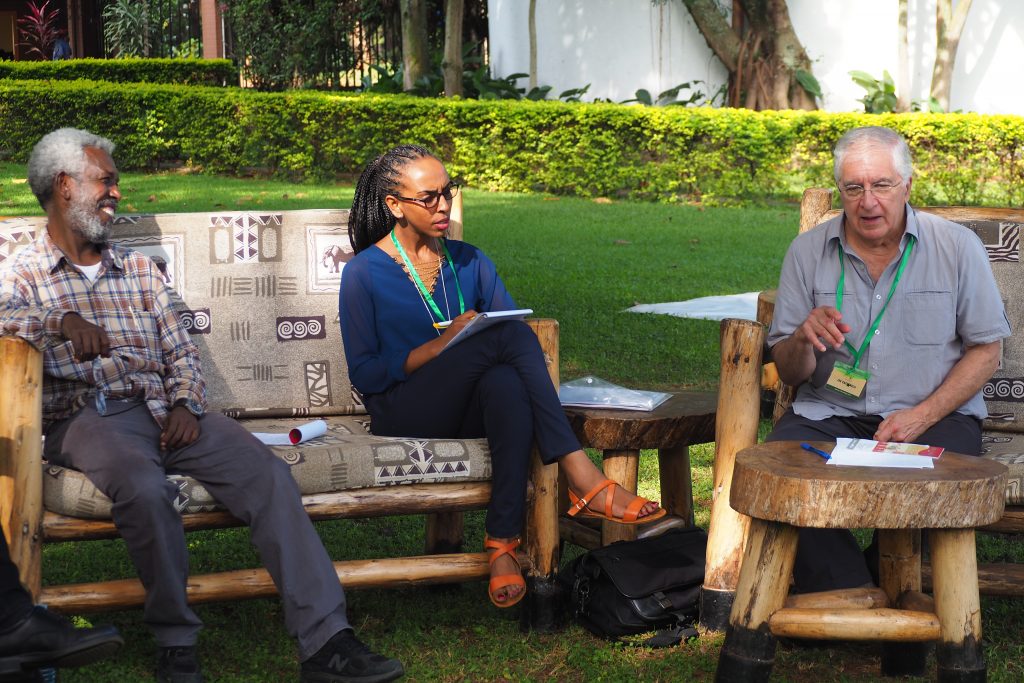
Applications are open for our annual field courses. This year our three courses on the Great Lakes, the Horn of Africa, and Sudan and South Sudan will be held at a tranquil location in Kilifi in Kenya. Our three-day residential courses offer critical analysis on the current political, social and economic dynamics of these regions, taught by leading academics, […]
SOUTH SUDAN: DELIVERING GOOD GOVERNANCE AND ZERO TOLERANCE FOR CORRUPTION
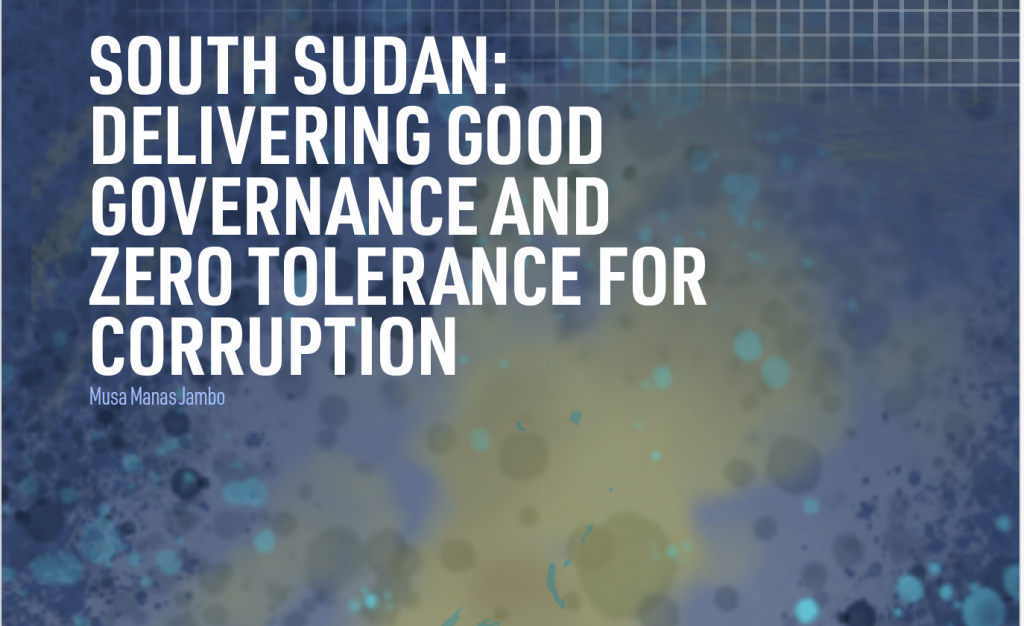
EXECUTIVE SUMMARY Putting good governance into effect in the nascent state of South Sudan has proven to be a nightmare, largely due to the presence of recalcitrant public institutions where public affairs and resources are unethically executed, undermining other institutional efforts to fight corruption. This paper examines the forces hindering the fight against corruption in […]
WAR AND THE BORDERLAND: NORTHERN BAHR EL-GHAZAL DURING THE SUDAN CONFLICT
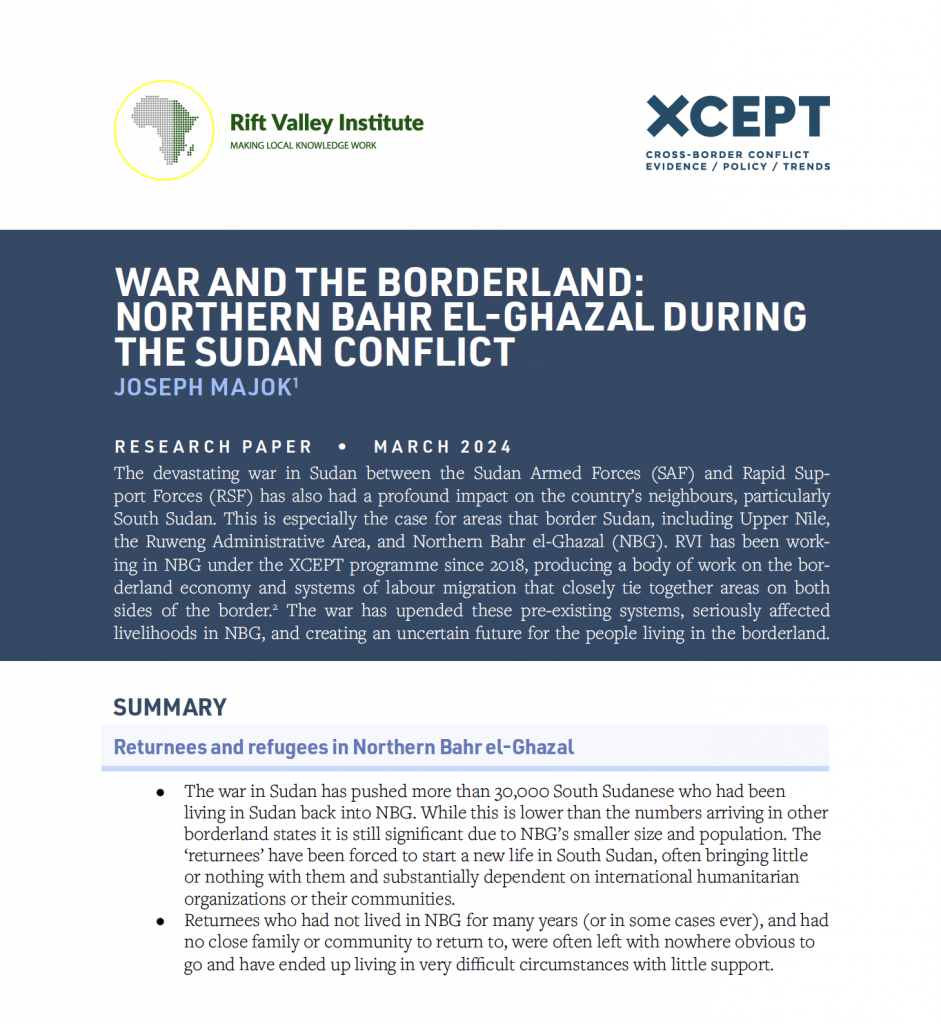
The devastating war in Sudan between the Sudan Armed Forces (SAF) and Rapid Support Forces (RSF) has also had a profound impact on the country’s neighbours, particularly South Sudan. This is especially the case for areas that border Sudan, including Upper Nile, the Ruweng Administrative Area, and Northern Bahr el-Ghazal (NBG). RVI has been working […]
ELEPHANTS ARE STORIES NOW
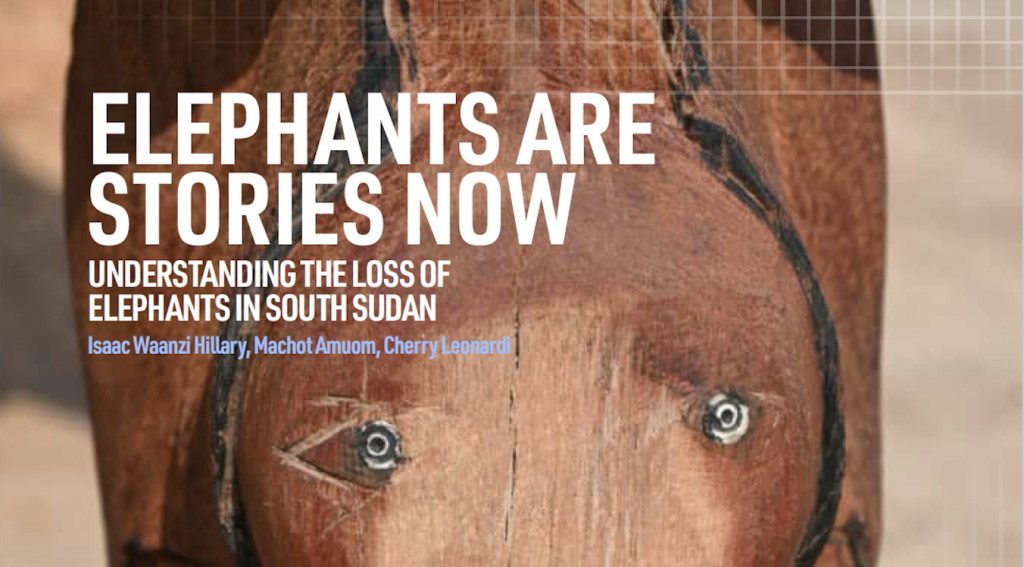
UNDERSTANDING THE LOSS OF ELEPHANTS IN SOUTH SUDAN Introduction Elephants are iconic animals in South Sudan, featuring on bank notes and state flags and in many myths and sayings. ‘When the elephants fight, the grass suffers’ is one example widespread across the African continent: a popular expression about the effects that conflicts among political and […]
ETHICAL RESEARCH IN SOUTH SUDAN: A STATEMENT FROM ACADEMICS AND RESEARCHERS
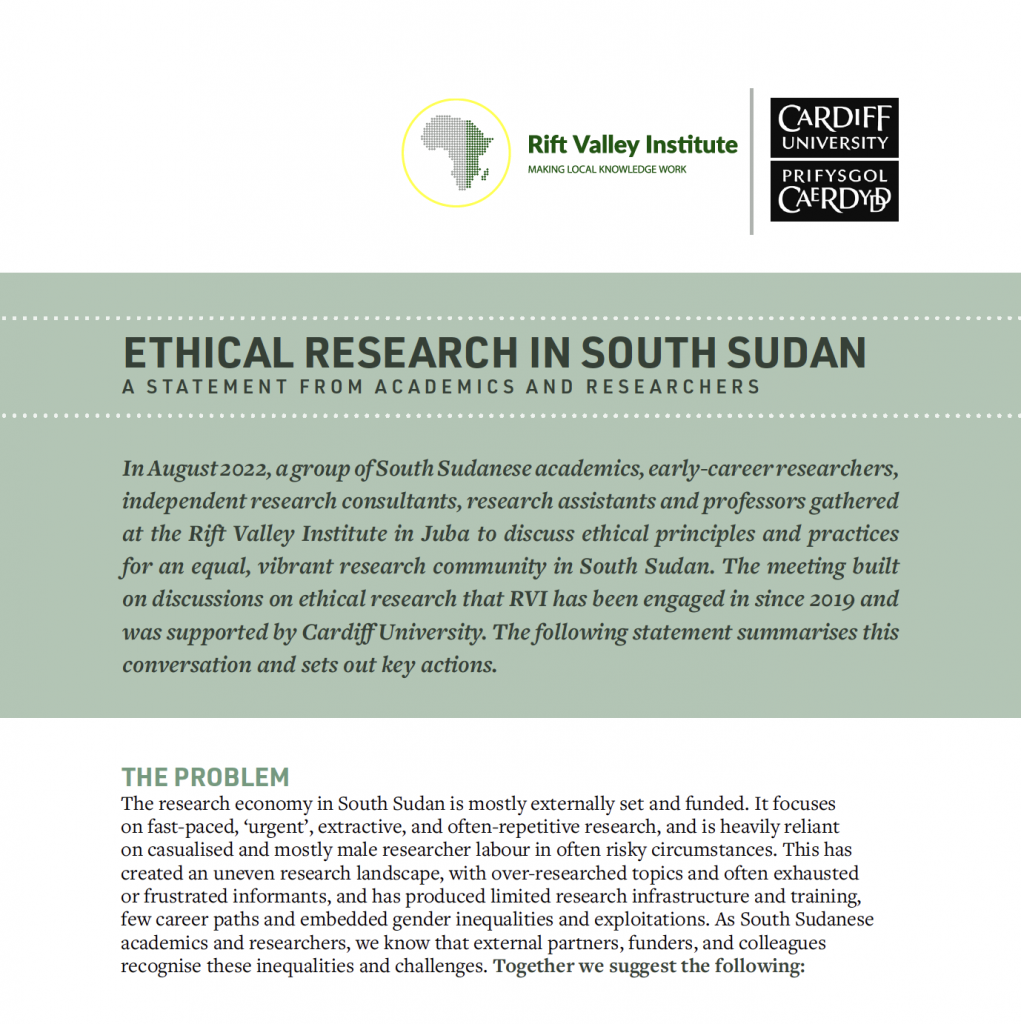
In August 2022, a group of South Sudanese academics, early-career researchers, independent research consultants, research assistants and professors gathered at the Rift Valley Institute in Juba to discuss ethical principles and practices for an equal, vibrant research community in South Sudan. The meeting built on discussions on ethical research that RVI has been engaged in […]
